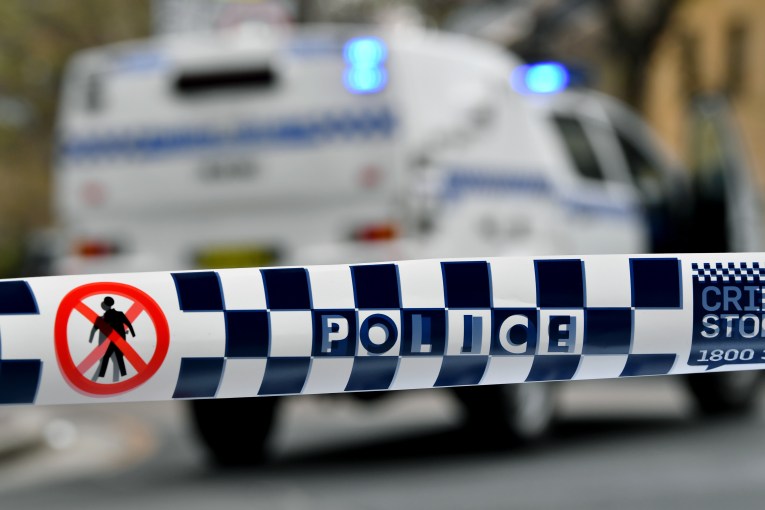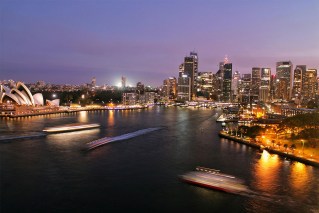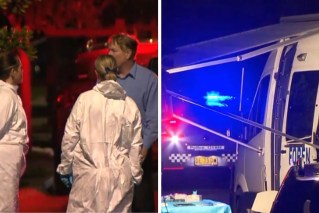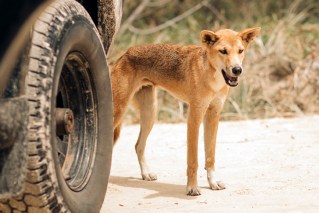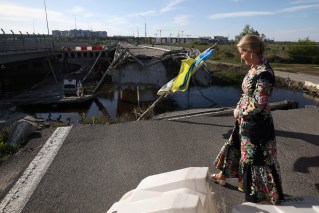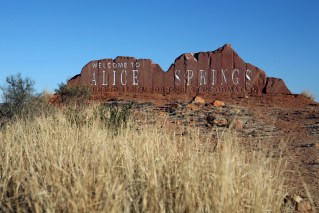Vladimir Putin declares martial law in annexed regions of Ukraine

Ukraine has accused Vladimir Putin of invoking a “new state of terror” as the Russian president declared martial law in four annexed regions where Moscow’s troops are losing ground.
Mr Putin made the decree in four territories that Russia claims are its own but where it’s struggling to take control as Ukraine regains territory. These regions are Luhansk, Donetsk, Zaporizhzhia and Kherson.
“I signed a decree on the introduction of martial law in these four subjects of the Russian Federation,” Mr Putin stated on Wednesday (local time).
It comes as Russia ordered residents of annexed Kherson to evacuate as the Ukraine army advanced, with images broadcast of people using boats to flee.
Ukraine’s foreign ministry said the martial law crackdown was an attempt “to suppress the resistance of the residents” who oppose the Russian occupation.
“Putin’s decree is null and void. It has no legal consequences for Ukraine and its citizens, as well as for the international community,” said a statement released by Ukraine’s Ministry of Foreign Affairs.
The decree states the martial law will come into effect Thursday (local time).
Meanwhile Mr Putin has ordered all of Russia to support the war effort in Ukraine.
Russian forces near Kherson have been driven back by 20-30 km in the last few weeks and risk being pinned against the western bank of the 2200km Dnipro, which bisects Ukraine.
In televised remarks to his Security Council, Mr Putin boosted the powers of Russia’s regional governors and ordered the creation of a coordinating council under Prime Minister Mikhail Mishustin to support his “special military operation”.
He said the “entire system of state administration”, not only the specialised security agencies, must be geared to back up the Ukraine effort.
It was unclear what the immediate impact of Mr Putin’s declaration of martial law would be, beyond much tighter security measures in Kherson and the other three regions.
Kyiv, which along with the West does not recognise Moscow’s self-styled annexations, derided the move.
“‘Martial law’ implementation on the occupied territories by Russia should be considered only as a pseudo-legalisation of (the) looting of Ukrainians’ property,” tweeted Mykhailo Podolyak, a Ukrainian presidential adviser.
“This does not change anything for Ukraine: we continue the liberation and deoccupation of our territories.”
Tweet from @Podolyak_M
The package of moves, nearly eight months into the war, marked the latest escalation by Mr Putin to counter a series of major defeats at the hands of Ukrainian forces since the start of September.
By extending to regions beyond Ukraine, they ensured that more of Russia’s population, already chastened by a partial mobilisation announced last month, would feel the consequences of the war in their own lives.
The published Kremlin decree ordered an “economic mobilisation” in eight regions adjoining Ukraine, including Crimea, which Russia invaded and annexed in 2014, and said movement in and out of the regions would be restricted.
Mr Putin said he was conferring additional powers on the leaders of all Russia’s 80-plus regions to protect critical facilities, maintain public order and increase production in support of Moscow’s “special military operation”.
The measures came on the same day that Russian-installed officials in Kherson, one of the four occupied regions, told civilians to leave some areas as soon as possible in anticipation of an imminent Ukrainian attack.
Mr Putin said the steps he was ordering would increase the stability of the economy and industry and boost production in support of the military effort.
“We are working on solving very complex, large-scale tasks to ensure a reliable future for Russia, the future of our people,” he said.
-with AAP
